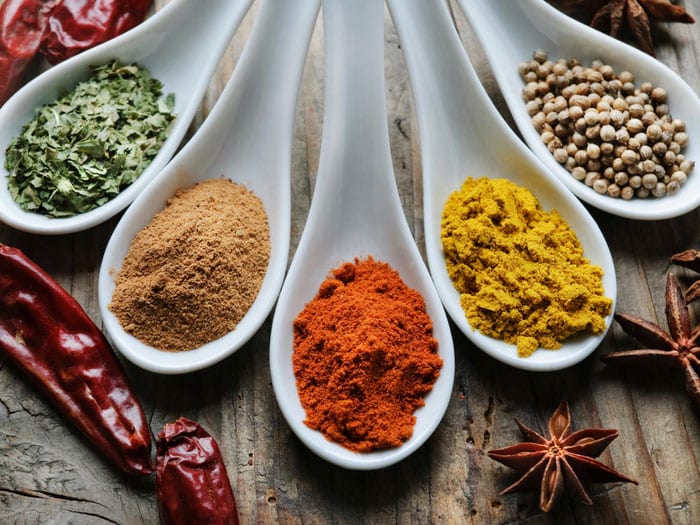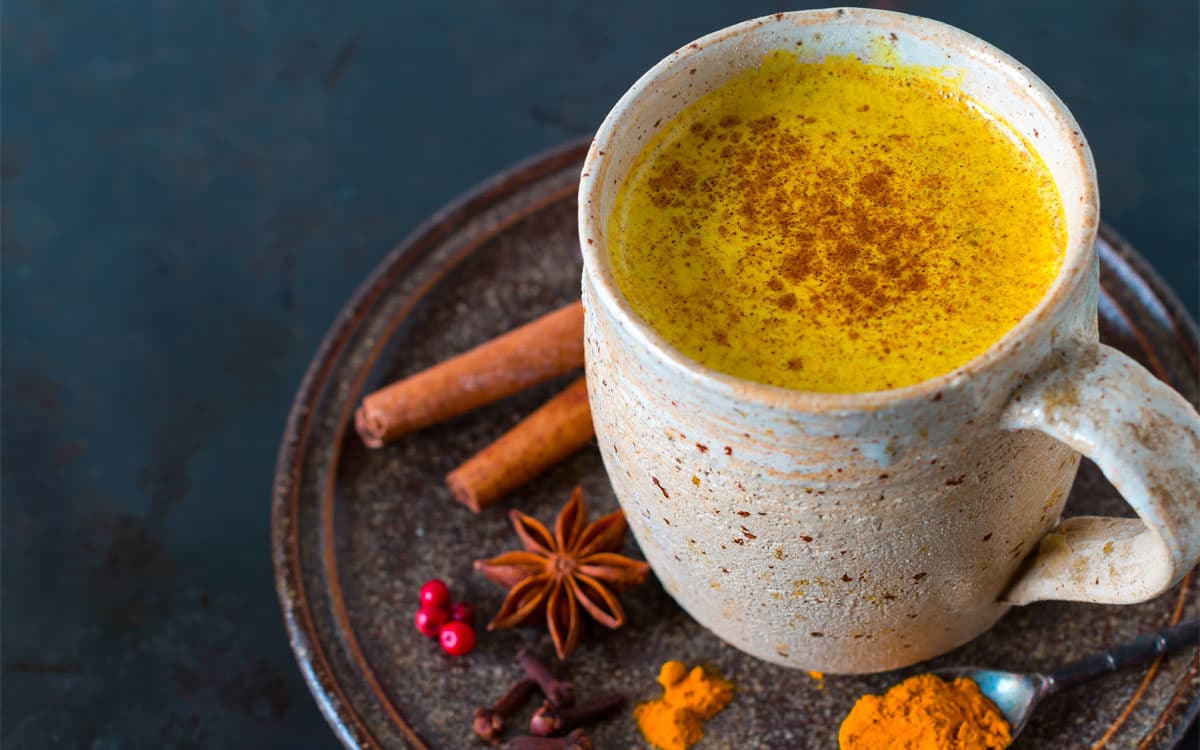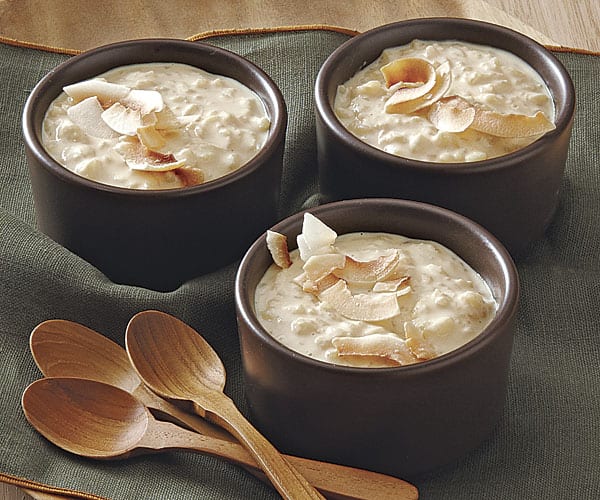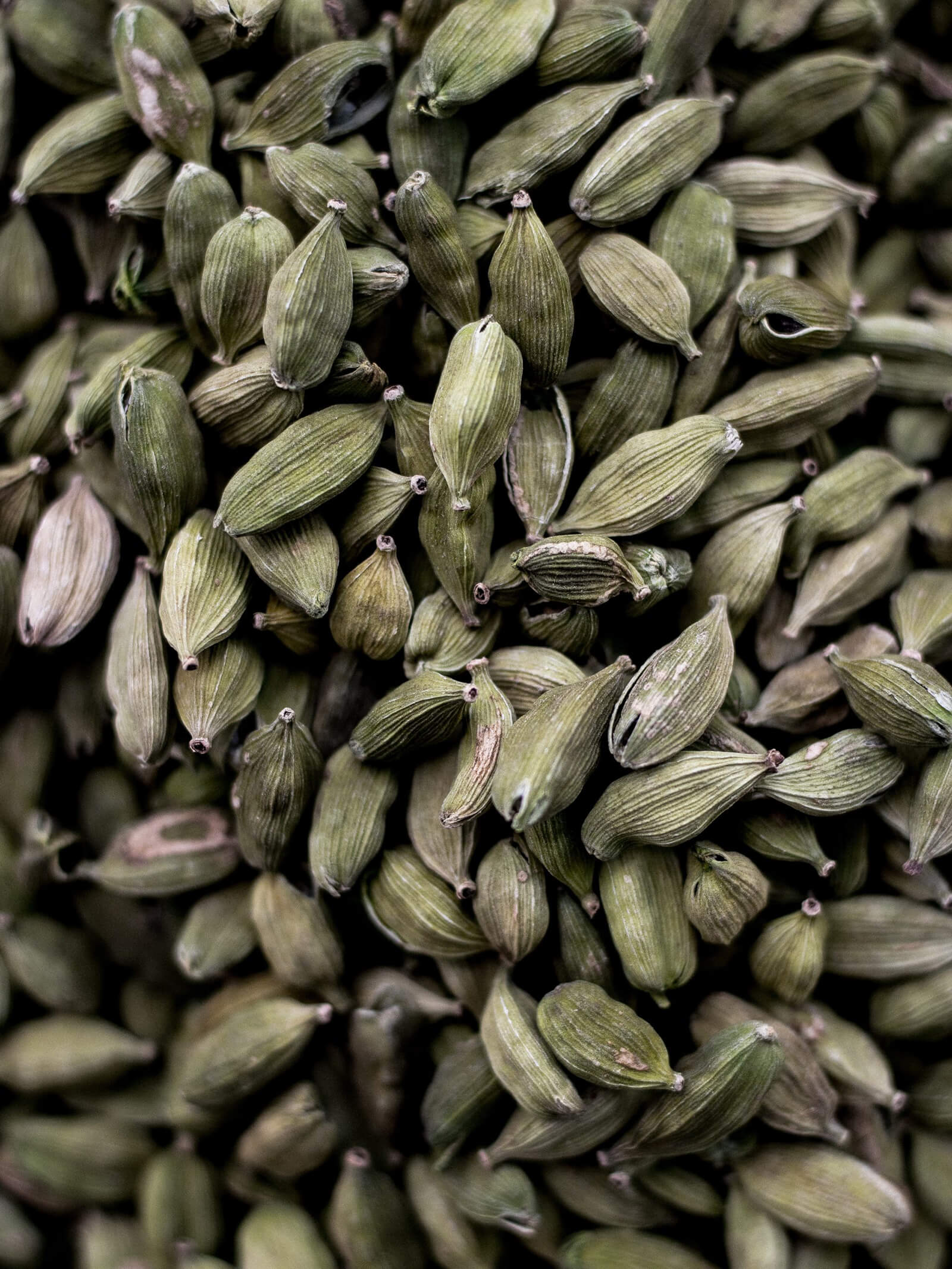
Mindful Health: You’ll Be Surprised At What These 3 Super Spices Can Do For You
Lifestyle Jun 11, 2020
“People of the world spice up your life!” Though we are quoting their classic song (and dancing in our seat a bit), this post is not about the Spice Girls, as I’m writing about spicing up your life in the most literal way. These spices are the most commonly used ingredient in our Desi cooking but you may not know the superpowers they hold! Check out these three super spices which gives boosts your health in a big way!

Do you feel like there’s so many spices but so little time to do research on the ones that support our good health? Filtering through the constant change in health trends can feel slightly confusing. Not to worry, we’re here to help!
Read on to learn three of our favourite spices for supporting good health. Our spice suggestions are not new, they have been a part of South Asian cultures and in Ayurveda for centuries however, sometimes, the best health suggestions/reminders are derived from ancient wisdom.
Many of us already have these spices in our cupboards (which is great) but having and using are two different things; read on for why these spices should be kept in regular rotation while cooking daily dishes.
Turmeric (Haldi)

A ground, dried version of the turmeric herb, as a spice, it’s a vibrant, yellow powder that packs a bit of a bitter flavour. Not only is this spice a classic in terms of South Asian cooking but it’s also used as a beauty product (a part of wedding tradition is to rub it on the face and body to help the skin glow).
We lovingly call turmeric a “super spice” since it can help us with a variety of things from a health perspective. Turmeric helps break down proteins during the digestive process, it’s ideal to add into vegetable dishes which are so prominent in South Asian cooking (and worldwide as we see an increase to plant-based diets). Tumeric has optimal benefits in its raw, form, as a powder, a paste, an extract and/or an oil.
Another way turmeric supports our system is that is has blood-cleansing properties that can help our digestive system and it works as an anti-inflammatory.
Research shows it may be helpful for patients navigating through Alzheimer’s and/or cancer. There’s no direct correlation between it reducing or preventing any disease however as research around its impact continues to take place, we may not be 100% sure of its impact but it’s not considered to be harmful so worth a try. If your navigating through an illness, friendly reminder to check with your medical team (which hopefully includes a naturopath) for insight on if turmeric may help you.
This spice has gotten lots of attention in the western world the past few years (it’s available in grocery stores, health food stores and included on many coffee shop menus as a “turmeric latte”). We do crack a slight smile when we see it marketed in these shops as a newer trend because from a South Asian perspective, it’s always been a classic, timeless, staple. Though we don’t often engage in the overpriced, coffee shop trend as our form of consumption, we’re glad it’s getting more of the worldwide recognition it deserves!
Cumin (Jeera/Zeera)

Several Indian dishes are not complete (taste-wise) without adding cumin as it brings a warmth, flavour especially when mixed with other spices (it’s a key component in curry powder and garam masala) A staple spice in South Asian, Middle Eastern, African and European cooking, research studies have been looking into a variety of its potential benefits for several years. Consumed in seed or powder form, cumin may be helpful in weight loss, stress, cholesterol, memory loss and diabetes.
From an Ayurvedic standpoint, cumin generates heat in the body; it’s Sanskrit term, Jirika, translates to “that which helps digestion.” As a result, it’s included in several Ayurvedic remedies and believed to be a good source of fiber that helps the body with circulation and contains antioxidants.
There are three different cumin seeds and they can be taken raw, roasted, in powder form. Cumin does now come in supplement form as well but adding it as a spice in your cooking is the safest way to use it.
A noteworthy mention is that cumin may impact blood sugar levels so if you’re on diabetes medication, it is best to check with your health care provider (especially if you’re considering consuming it in supplement form).
Cardamom (Eliachi)

Highly aromatic (with a fruity, floral scent), this spice has an earthy, herbal and spicy flavor, perfect for adding zest to dishes! Used in a variety of dishes, it’s a staple ingredient in Indian Chai and rice pudding.
In Ayurveda, cardamom is believed to have several benefits including relaxing the muscles, cleansing the stomach and is described as a superhero in the bodies battle against mucus. A part of the ginger family (alongside turmeric), it takes on a grey color when in spice form
In ground form, it does have the least potency compared to when it’s in pod and/or seed form however, it can still be beneficial in ground form.
These are just three of the many spices we love for their health supporting properties – we encourage you to try them in several recipes to find your own favourites ways to “spice up your life.”
Main Image Photo Credit: https://myheartbeets.com/quick-guide-indian-spices/
Rachna Sethi
Author
Rachna (@thesassyspiritual) is a graduate of the Applied Mindfulness Meditation program from the University of Toronto, a certified Educator with two bachelor degrees and a diploma in Art Therapy. She's dedicated to living with a compassionate approach. Committed to helping people integrate Mindfuln...













































































































